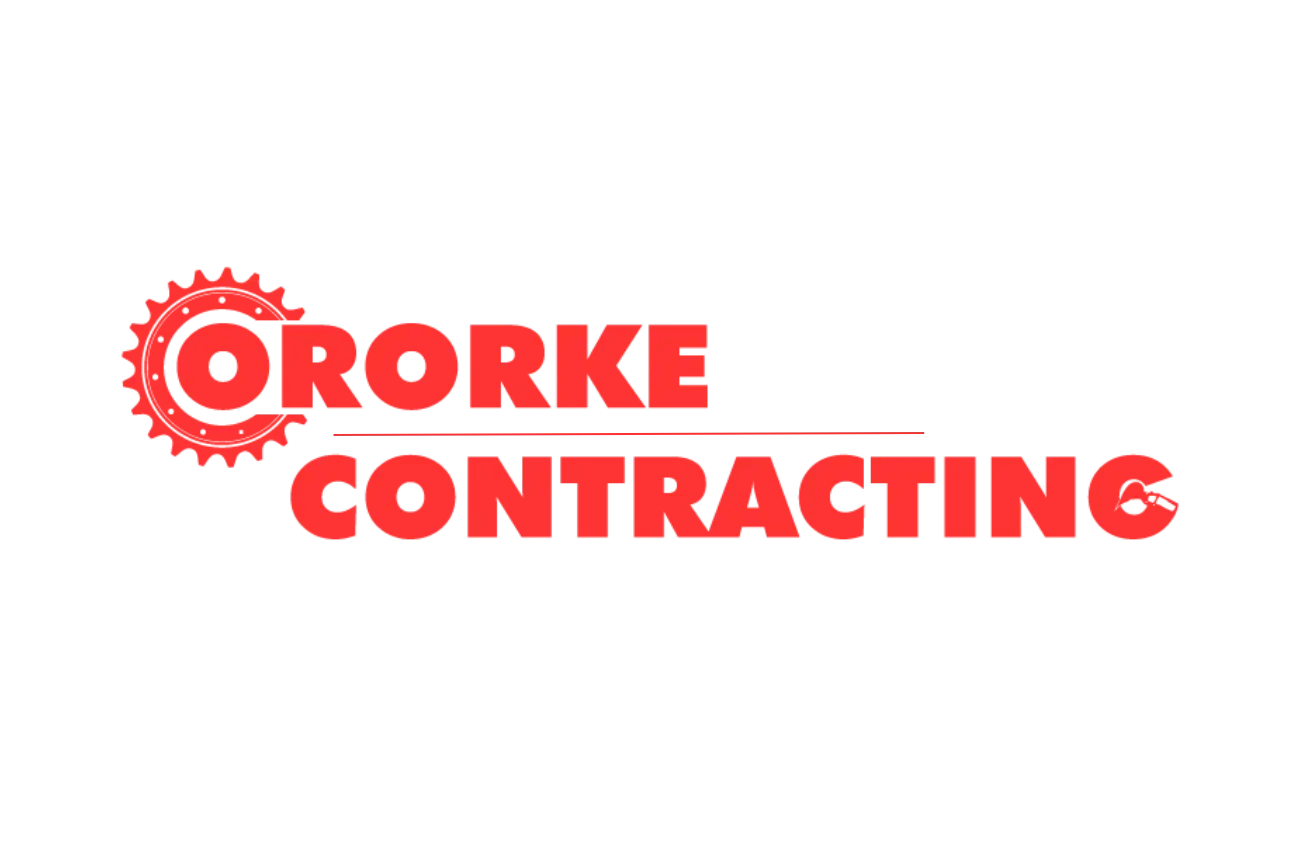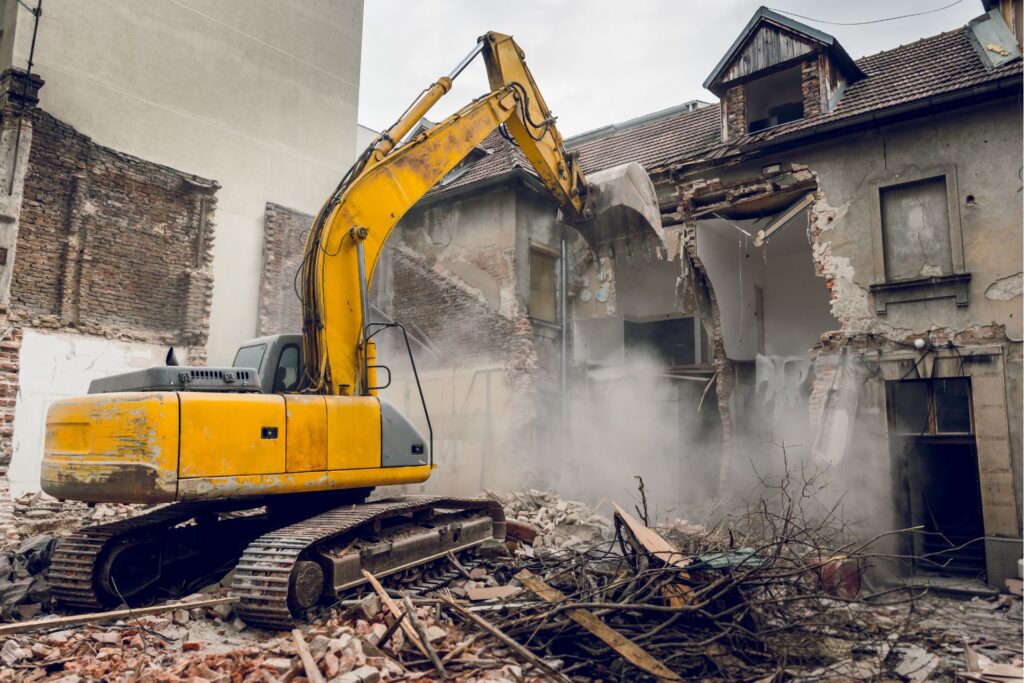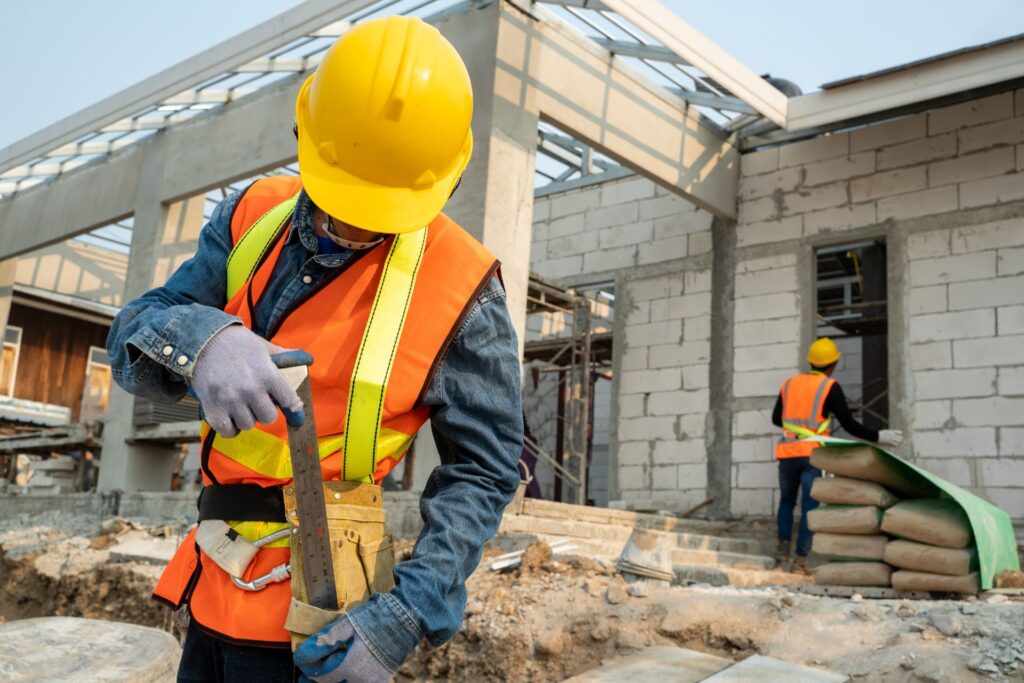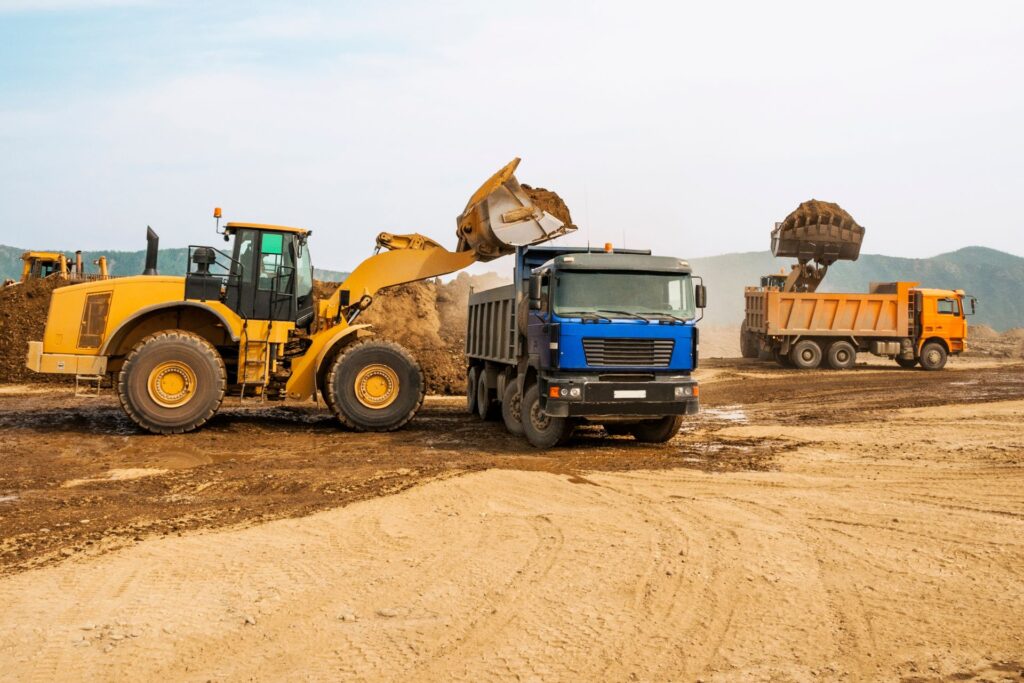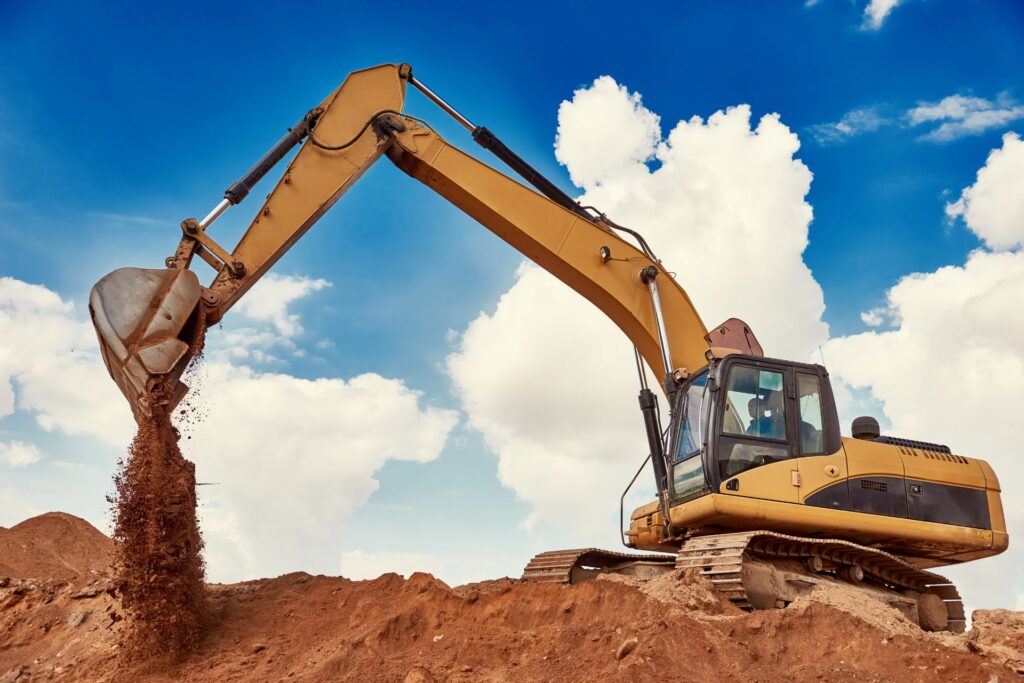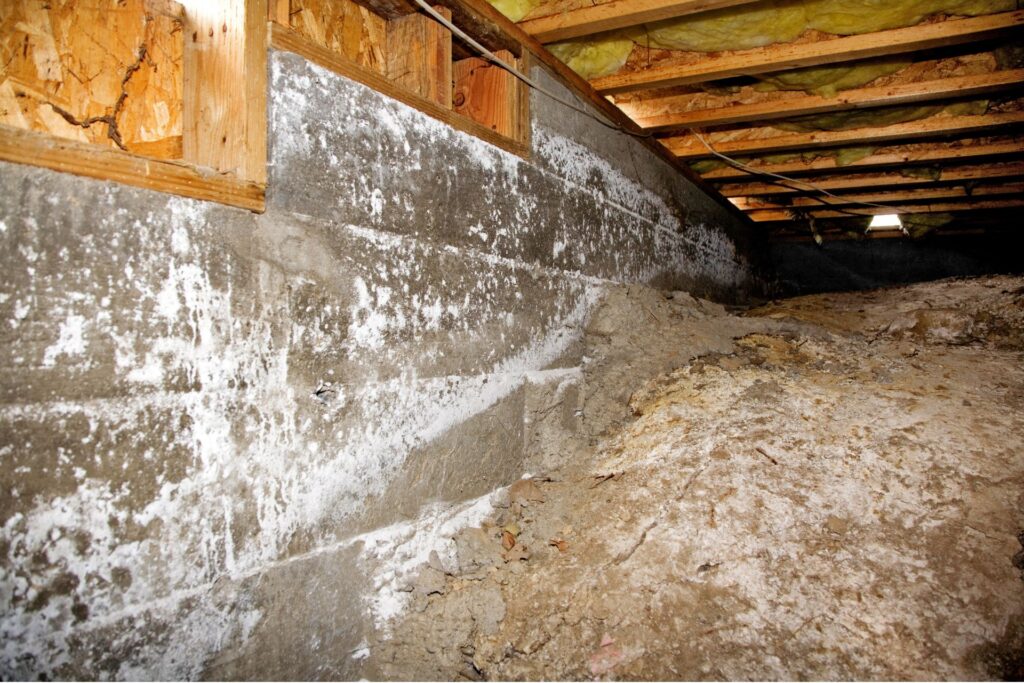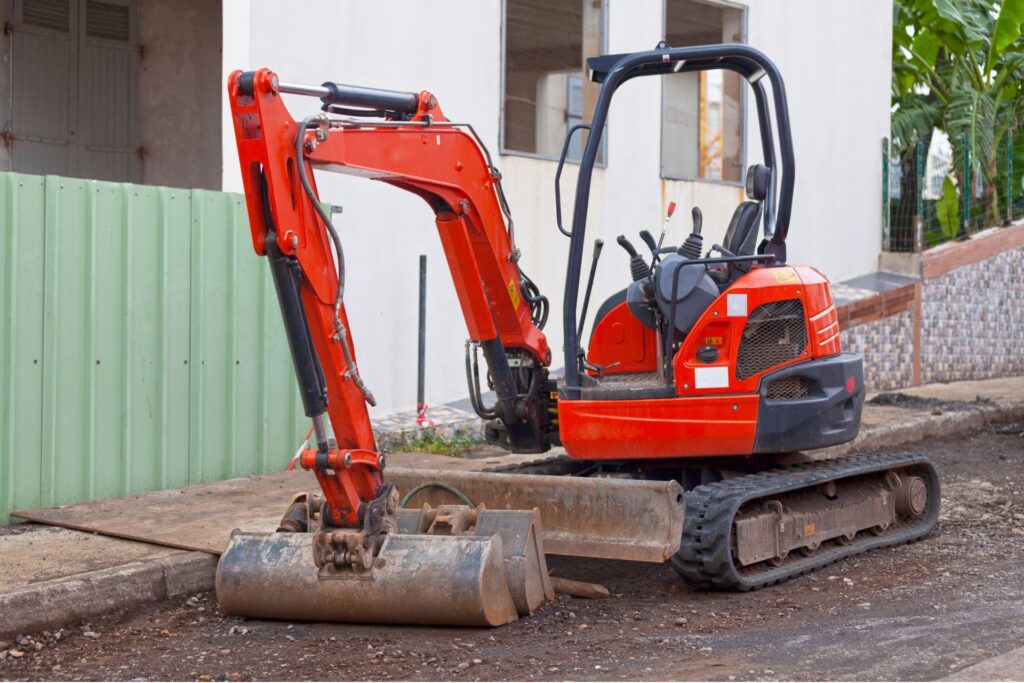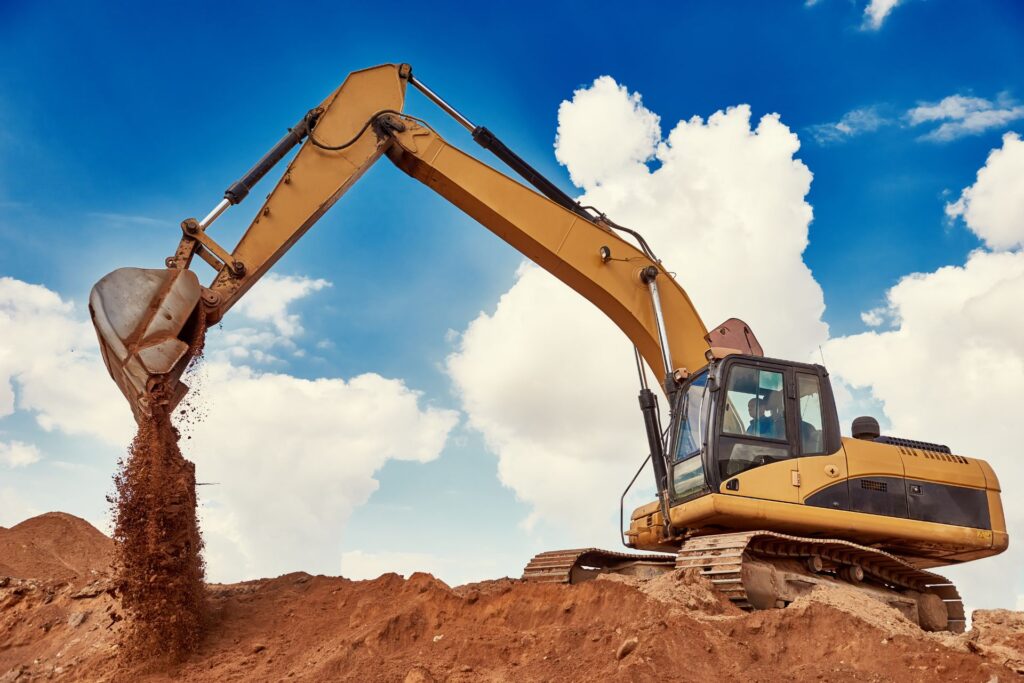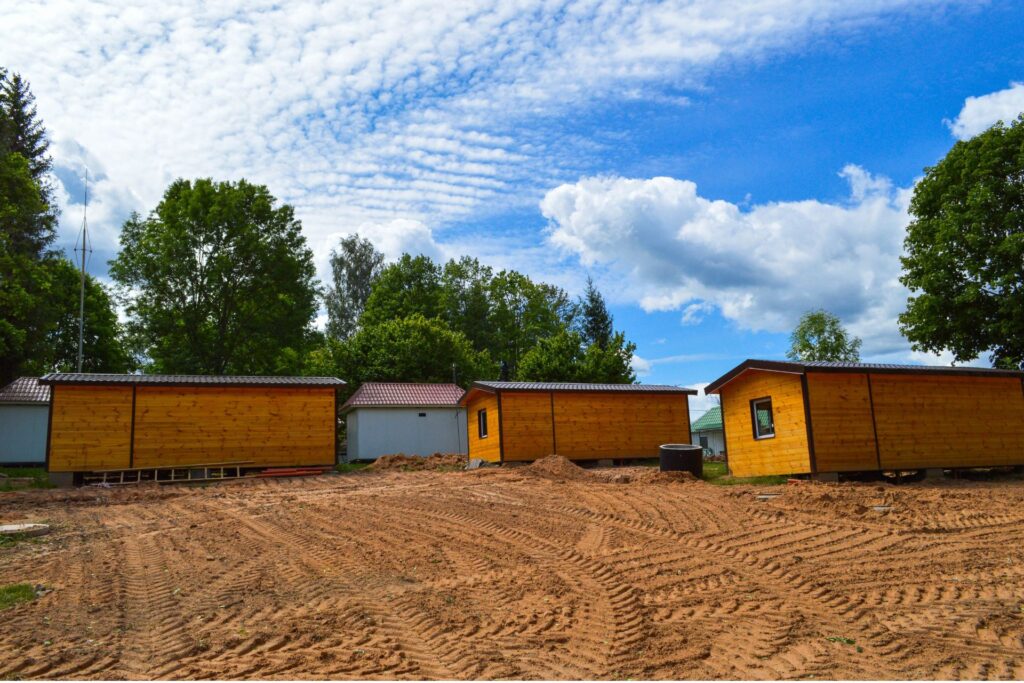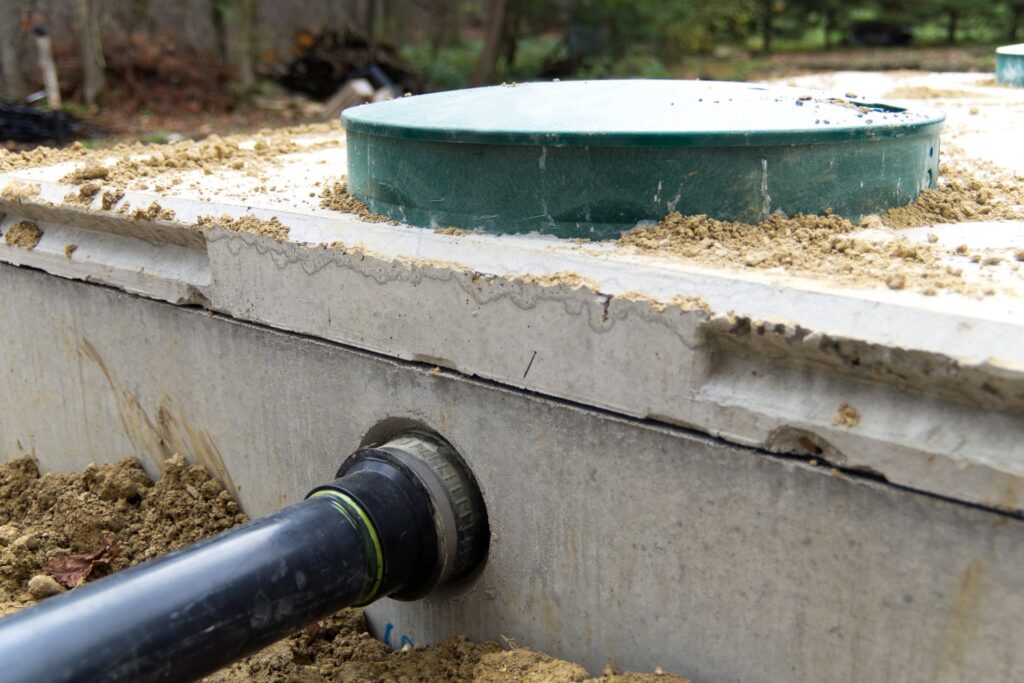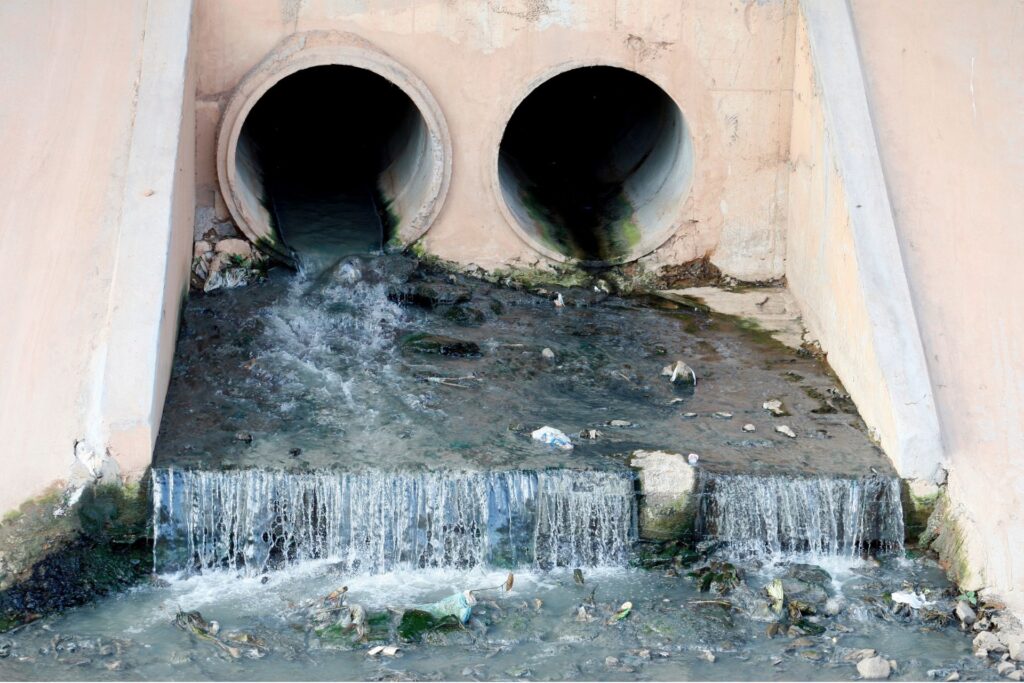Welcome to our comprehensive guide to understanding the cost of demolition services in New Zealand. Whether you’re planning to demolish a residential property, a commercial building, or an industrial site, it’s crucial to have a clear grasp of the factors that influence demolition costs. In this post, we’ll delve into the various elements that determine these expenses, from the size and type of the structure to location-specific considerations and the disposal of materials. By the end, you’ll be well-equipped with the knowledge needed to make informed decisions and budget effectively for your demolition project.
On average, the cost of demolition services in New Zealand varies widely based on factors such as the size and type of the structure, location, materials involved, and site conditions. Residential demolitions typically range from NZD 8,000 to NZD 30,000, while commercial and industrial projects can be significantly more expensive. Additional expenses like permitting fees, asbestos removal, and site cleanup also contribute to the total cost. To get accurate estimates, it’s essential to obtain detailed quotes from multiple demolition contractors.
Understanding Demolition Services
Demolition services play a crucial role in the construction and redevelopment industry. Understanding what demolition entails, the different types of services available, and the reasons for undertaking demolition projects can help you make informed decisions. In this section, we’ll explore these aspects in detail.
Definition and Types of Demolition Services
Demolition is the process of dismantling or destroying structures, which can range from small buildings to large industrial complexes. The goal is to clear the site for new construction or to remove hazardous structures. Demolition services can be broadly categorized into three types: residential, commercial, and industrial.
1. Residential Demolition: This involves the demolition of houses, garages, sheds, and other structures in residential areas. It is often required for home renovations, rebuilding after a disaster, or clearing space for new developments. Residential demolition services are typically smaller in scale but require precision to ensure the safety of surrounding properties and infrastructure.
2. Commercial Demolition: This type covers the demolition of commercial properties such as office buildings, retail stores, and restaurants. Commercial demolition projects are usually more complex due to the size of the structures and the presence of utilities and neighboring businesses. Specialized equipment and techniques are employed to ensure efficient and safe demolition.
3. Industrial Demolition: Industrial demolition is the most extensive and challenging form of demolition. It involves the dismantling of large industrial structures like factories, warehouses, and power plants. These projects often require handling hazardous materials and ensuring the safe disposal of industrial waste. Industrial demolition teams are highly skilled and equipped with advanced machinery to manage the scale and complexity of the work.
Common Reasons for Needing Demolition Services
Demolition services are essential for various reasons. Here are some common scenarios where demolition becomes necessary:
1. Redevelopment: One of the primary reasons for demolition is to make way for new construction. As cities grow and evolve, old and outdated buildings are often demolished to create space for modern structures. This is particularly common in urban areas where land is scarce, and there is a need for more efficient use of space.
2. Safety Issues: Buildings that have become structurally unsound pose a significant risk to public safety. Demolition is often the best solution to prevent accidents and injuries caused by collapsing structures. This can be due to age, natural disasters, or poor construction practices. Ensuring public safety is a top priority, and timely demolition can mitigate potential hazards.
3. Asbestos and Hazardous Materials Removal: Older buildings may contain hazardous materials like asbestos, lead paint, or mold. Demolition allows for the safe removal and disposal of these materials, reducing health risks to occupants and workers. Specialized demolition teams are trained to handle hazardous materials in compliance with safety regulations.
4. Environmental Concerns: In some cases, structures may need to be demolished to address environmental concerns. For example, industrial sites that have been contaminated with hazardous substances may require demolition and site remediation to restore the area to a safe and usable condition.
5. Renovation and Modernization: Sometimes, partial demolition is necessary to renovate or modernize a structure. This can involve removing certain parts of a building while preserving the rest, allowing for updates and improvements without a complete teardown. This approach is common in historic buildings where preservation is important.
By understanding the types of demolition services available and the reasons for needing them, you can better navigate the complexities of demolition projects. Whether you’re a homeowner planning a renovation or a developer looking to redevelop a site, knowing what to expect can help you make informed decisions and ensure the success of your project.

Factors Influencing Demolition Costs
When planning a demolition project, several key factors can significantly influence the overall costs. Understanding these factors can help you anticipate expenses and plan your budget effectively. Here, we’ll delve into the primary considerations that affect demolition costs, providing a clear explanation for each.
Size and Scope of the Project
The size and scope of a demolition project are perhaps the most obvious factors impacting costs. Simply put, larger and more complex projects will generally cost more.
Size: The physical size of the structure plays a direct role in determining the cost. A small residential house, for instance, will cost significantly less to demolish than a multi-story commercial building. The more extensive the structure, the more labor, time, and resources will be required.
Complexity: The complexity of the demolition project also matters. Projects that involve intricate structural designs, multiple floors, or unique architectural features can be more challenging and time-consuming, thus increasing costs. For example, demolishing a simple, single-story warehouse will be more straightforward and cheaper than dismantling a large industrial complex with multiple interconnected buildings.
Location
The geographical location of the demolition site can greatly influence costs in various ways.
Urban vs. Rural Areas: Demolitions in urban areas tend to be more expensive than those in rural locations. This is due to several factors, including higher labor costs, increased regulatory scrutiny, and the need for more sophisticated equipment to navigate crowded city environments. Conversely, rural demolitions might be cheaper, but they can also incur additional costs related to transportation of equipment and waste disposal over longer distances.
Local Regulations and Permitting Fees: Each locality has its own set of regulations and permitting requirements for demolition projects. Urban areas often have stricter regulations, requiring comprehensive safety measures and environmental protections, which can add to the costs. Additionally, the fees for obtaining necessary permits can vary widely depending on the location.
Type of Structure
The type of structure being demolished also plays a crucial role in cost determination.
Residential vs. Commercial: Demolishing a residential property, such as a house, generally costs less than demolishing commercial buildings or industrial sites. This is due to the differences in construction materials, structural complexity, and the presence of specialized fixtures and fittings.
Industrial Sites: Demolitions of industrial sites are often the most costly. These sites typically require specialized equipment and expertise to handle hazardous materials and ensure safety standards are met. The presence of heavy machinery, reinforced concrete, and other industrial components can significantly increase the complexity and cost of the project.
Materials and Waste Disposal
Handling and disposing of materials from the demolition site is another significant cost factor.
Hazardous Materials: If the structure contains hazardous materials, such as asbestos or lead, special handling and disposal methods are required. These materials pose health risks and must be removed and disposed of in accordance with strict regulations, which can be costly.
Recyclable Materials: On the other hand, structures with recyclable materials can potentially reduce costs. Salvaging and recycling materials like metal, wood, and concrete can offset some of the disposal expenses and even generate revenue, depending on current market conditions.
Accessibility and Site Conditions
The accessibility and overall condition of the demolition site can influence the ease and cost of the project.
Site Accessibility: Sites that are difficult to access can increase costs. Tight urban spaces, areas surrounded by other buildings, or sites with limited road access require specialized equipment and careful planning to avoid damage to nearby structures, adding to the cost.
Site Conditions: Factors such as the presence of underground utilities, uneven terrain, and existing vegetation can also affect costs. For instance, additional work might be required to safely disconnect utilities, level the ground, or clear the site before demolition can begin.
Labor and Equipment
The type and amount of labor and equipment required for the demolition project are fundamental cost components.
Specialized Labor: Demolition projects often require skilled laborers with specific training and experience, especially for handling hazardous materials or operating heavy machinery. The cost of labor can vary significantly based on the expertise required and local labor rates.
Equipment: The type of equipment needed can also affect costs. Basic demolitions might only need standard excavators and bulldozers, while more complex projects might require specialized equipment like high-reach excavators, wrecking balls, or even controlled explosives. Renting or purchasing this equipment adds to the overall expense.
By considering these factors, you can gain a clearer understanding of the potential costs involved in your demolition project. Each aspect, from the size and type of structure to the specific site conditions and labor requirements, plays a crucial role in shaping the overall budget, ensuring that you are well-prepared and informed throughout the planning process.

Cost Breakdown Of Demolition Services In NZ
Demolition services in New Zealand come with a variety of costs depending on the type of project. Whether it’s a residential home, a commercial building, or an industrial facility, each type of demolition has its own unique set of expenses. Let’s delve into the average costs associated with different types of demolitions and the additional expenses that one should consider.
Average Costs for Different Types of Demolition
Residential Demolition
The cost of demolishing a residential property in New Zealand can vary significantly based on factors such as the size of the house, the materials used in construction, and the location. On average, residential demolition can cost between $10,000 and $30,000. This range covers the basic demolition process, including tearing down the structure and disposing of debris.
Commercial Demolition
Commercial demolitions tend to be more complex and, therefore, more expensive than residential projects. The cost for demolishing commercial buildings can range from $30,000 to $100,000 or more, depending on the size and complexity of the building. Factors like accessibility, the presence of hazardous materials, and the need for specialized equipment can influence the final cost.
Industrial Demolition
Industrial demolitions are the most complex and costly due to the scale of the structures and the specialized equipment required. Costs can start at $100,000 and go well beyond, depending on the facility’s size and the presence of hazardous materials. Detailed planning and execution are critical in industrial demolitions to ensure safety and compliance with regulations.
Additional Costs to Consider
When planning for demolition, it’s important to consider additional costs that can significantly impact the overall budget. These include:
Permitting and Inspection Fees
Before any demolition can commence, proper permits must be obtained. The cost of these permits varies depending on the local council and the specifics of the demolition project. Additionally, inspection fees are required to ensure that the demolition is carried out safely and in compliance with regulations. Permitting and inspection fees can range from a few hundred to several thousand dollars.
Asbestos Testing and Removal
Asbestos is a hazardous material commonly found in older buildings. Before demolition, it’s essential to conduct asbestos testing to identify its presence. If asbestos is found, it must be safely removed by certified professionals. The cost of asbestos testing and removal can range from $1,000 to $10,000 or more, depending on the extent of the contamination.
Site Cleanup and Preparation for New Construction
After the demolition, the site needs to be cleared and prepared for new construction. This involves removing debris, leveling the ground, and possibly dealing with any contamination found during the demolition. The cost for site cleanup and preparation can vary widely but typically ranges from $5,000 to $20,000, depending on the site’s condition and the work required.
In summary, the cost of demolition services in New Zealand is influenced by several factors, including the type of building, its size, and additional expenses such as permitting, asbestos removal, and site cleanup. By understanding these costs and planning accordingly, you can ensure a smooth and efficient demolition process.

How To Get Accurate Demolition Quotes
When embarking on a demolition project, getting accurate quotes is crucial to ensure the work is done efficiently and within budget. This section will guide you through the essential steps to achieve this.
Choosing the Right Demolition Contractor
Selecting a reliable and experienced demolition contractor is the first step toward getting accurate quotes. Here are some tips to help you choose the right contractor:
1. Check Credentials and Experience: Look for contractors with proper licensing and insurance. Experience matters, so choose a contractor who has a proven track record in demolition projects similar to yours.
2. Read Reviews and Ask for References: Online reviews can provide insight into the contractor’s reliability and quality of work. Additionally, ask for references from past clients to hear firsthand about their experiences.
3. Verify Safety Records: Demolition work can be dangerous. Ensure the contractor has a strong safety record and follows industry-standard safety practices.
4. Assess Communication Skills: A good contractor should be able to communicate clearly and effectively. They should be responsive to your questions and provide detailed explanations about the project.
Requesting Detailed Quotes
Once you have shortlisted potential contractors, the next step is to request detailed quotes. Providing the right information and understanding the quotes you receive are key to making an informed decision.
1. Provide Comprehensive Information: When requesting quotes, give the contractors as much detail as possible about the project. This includes the size of the building, type of materials, presence of hazardous materials like asbestos, and any specific demolition requirements.
2. Importance of Site Visits: Invite contractors to visit the site. A thorough site inspection will allow them to give a more accurate quote based on the actual conditions.
3. Breakdown of Costs: Ask for a detailed breakdown of the costs. This should include labor, equipment, permits, disposal fees, and any other expenses. A transparent quote will help you understand where your money is going.
4. Get Multiple Quotes: To ensure you are getting a fair price, obtain quotes from at least three different contractors. This allows you to compare not only the costs but also the scope of services offered.
Questions to Ask Your Contractor
To ensure transparency and avoid hidden costs, it’s essential to ask your contractor the right questions. Here are some key questions to consider:
1. What Does Your Quote Include?: Clarify what is included in the quote and what might incur additional costs. This helps avoid surprises later on.
2. How Will You Handle Permits and Regulations?: Ensure the contractor will take care of obtaining the necessary permits and complying with local regulations.
3. What is Your Timeline for Completion?: Ask about the expected timeline for the project and what factors might cause delays.
4. How Will You Manage Waste Disposal?: Confirm how the contractor plans to handle the disposal of debris and whether this cost is included in the quote.
5. Can You Provide a Written Contract?: Always ask for a written contract that outlines the scope of work, costs, and timelines. This document will protect you if any issues arise.
By following these steps, you can ensure you get accurate and comprehensive demolition quotes, enabling you to select the best contractor for your project.

Tips To Save On Demolition Costs
Demolition can be a significant expense in any construction or renovation project. However, with strategic planning and smart choices, you can reduce these costs significantly. Here are some practical tips to help you save on demolition costs:
Plan and Prepare in Advance
One of the most effective ways to save on demolition costs is to plan and prepare well in advance. Thorough planning allows you to anticipate potential challenges and avoid costly surprises. Start by creating a detailed project plan that outlines the scope of work, timeline, and budget. This plan should include:
- A comprehensive site survey to identify hazardous materials such as asbestos or lead, which require specialized removal.
- A clear demolition schedule that coordinates with other phases of your project to avoid delays.
- Obtaining all necessary permits and approvals from local authorities to prevent fines or work stoppages.
By investing time in planning and preparation, you can streamline the demolition process, minimize disruptions, and ultimately reduce costs.
Salvage and Recycle Materials
Salvaging and recycling materials is not only environmentally friendly but also cost-effective. Before starting the demolition, identify materials that can be salvaged and reused or sold. Common salvageable items include:
- Doors, windows, and fixtures
- Structural beams and lumber
- Bricks, tiles, and flooring
- Metal pipes and wiring
Recycling centers and salvage yards often pay for these materials, providing you with additional funds that can offset your demolition costs. Furthermore, incorporating salvaged materials into your new construction can add a unique character to your project while saving money on new materials.
DIY Demolition for Smaller Projects
For smaller demolition projects, consider doing it yourself (DIY) to save on labor costs. DIY demolition is feasible for tasks such as removing interior walls, cabinets, or flooring. However, it’s important to:
- Assess your skills and capabilities honestly. If you’re not comfortable with the work, it may be safer and more cost-effective to hire professionals.
- Rent the necessary tools and equipment, such as sledgehammers, pry bars, and safety gear.
- Follow all safety protocols to prevent injuries, including wearing protective clothing and ensuring the area is clear of hazards.
DIY demolition can be a rewarding and budget-friendly option, provided you approach it with caution and preparedness.
Negotiate with Contractors
When hiring professional demolition services, don’t settle for the first quote you receive. Instead, take the time to negotiate with contractors to secure the best possible rates. Here are some negotiation strategies:
- Obtain multiple quotes from different contractors to compare prices and services.
- Discuss the scope of work in detail and clarify any potential extra charges.
- Ask for discounts or package deals if you’re combining demolition with other construction services.
- Be flexible with your timeline. Contractors may offer lower rates during their off-peak seasons.
By negotiating effectively, you can reduce your overall demolition costs while ensuring you receive quality service.
In conclusion, saving on demolition costs requires a combination of careful planning, resourcefulness, and savvy negotiation. By implementing these tips, you can manage your demolition budget more effectively and allocate more funds to other aspects of your construction or renovation project.

Case Studies And Real-Life Examples
When it comes to understanding the costs and processes involved in demolition projects, real-life examples can provide invaluable insights. Below, we’ll delve into specific case studies of both residential and commercial demolition projects, breaking down the costs and complexities involved. We’ll also share key lessons learned from these projects to give you a comprehensive understanding of what to expect.
Residential Demolition Example
Residential demolition projects are often perceived as straightforward, but they can involve a surprising amount of detail and cost considerations. Let’s explore a typical residential demolition project to shed light on what homeowners might expect.
Cost Breakdown
1. Permits and Inspections: Before any demolition can begin, obtaining the necessary permits and undergoing inspections is crucial. This process ensures that the demolition complies with local regulations and safety standards. Permits typically cost between $200 and $1,000, depending on the location and complexity of the project.
2. Asbestos Testing and Abatement: Older homes may contain hazardous materials like asbestos, which require special handling and removal. Asbestos testing costs around $200 to $800, while abatement can range from $1,000 to $3,000 or more, depending on the extent of the contamination.
3. Utility Disconnections: Utilities such as water, gas, and electricity must be safely disconnected before demolition. This step can cost anywhere from $500 to $2,000.
4. Demolition Work: The actual demolition process involves labor, equipment, and disposal of debris. The cost for residential demolition averages between $5,000 and $15,000, influenced by factors such as the size of the property and the type of construction materials.
5. Site Cleanup and Grading: After demolition, the site needs to be cleared of debris and graded for future construction or landscaping. This can add another $2,000 to $5,000 to the overall cost.
Process Overview
1. Initial Planning: Homeowners consult with demolition contractors to outline the scope of work and obtain detailed quotes.
2. Permitting: Securing the necessary permits and scheduling inspections to ensure compliance with local regulations.
3. Preparation: Disconnecting utilities, removing hazardous materials, and setting up safety measures around the site.
4. Demolition: Using heavy machinery to tear down the structure, followed by debris removal.
5. Post-Demolition: Final cleanup and site grading to prepare the land for its next use.
Commercial Demolition Example
Commercial demolition projects are typically larger and more complex than residential ones, involving additional layers of planning, safety, and regulatory compliance.
Insights into Costs
1. Permits and Regulations: Commercial demolitions often require more extensive permitting and adherence to stricter regulations. Permit costs can range from $1,000 to $10,000 or more, depending on the project’s scale and location.
2. Environmental Concerns: Commercial buildings are more likely to contain hazardous materials like asbestos, lead paint, or chemical residues. Environmental testing and abatement costs can add significantly to the budget, sometimes exceeding $10,000.
3. Utility and Infrastructure Considerations: Disconnecting utilities in commercial settings is more complex and expensive, often involving specialized contractors and costing upwards of $5,000.
4. Demolition and Debris Removal: The scale of commercial demolition requires more labor and machinery, leading to higher costs. On average, commercial demolition costs range from $30,000 to $100,000, but can be much higher for large buildings.
5. Recycling and Disposal: Many commercial projects aim to recycle materials, which can offset some costs but also require careful planning and execution.
Process Overview
1. Comprehensive Planning: Detailed project plans and timelines are developed, often involving multiple stakeholders and extensive regulatory review.
2. Securing Permits: Obtaining the necessary permits, which may include environmental impact assessments and community consultations.
3. Site Preparation: Ensuring safe disconnection of utilities, hazardous material removal, and setting up containment areas to protect surrounding properties.
4. Demolition Execution: Using specialized equipment and skilled labor to carefully dismantle the structure, often in stages to manage safety and environmental impact.
5. Final Cleanup: Removing debris, recycling materials, and restoring the site for future development or usage.
Lessons Learned
Real-life demolition projects, whether residential or commercial, offer several key takeaways that can help future projects run smoothly.
1. Early Planning: Begin planning as early as possible. Detailed planning helps avoid costly delays and ensures all regulatory requirements are met.
2. Budget for Contingencies: Unexpected issues, such as the discovery of additional hazardous materials, can arise. Having a contingency budget of 10-20% can help manage these surprises.
3. Choose the Right Contractor: Select a demolition contractor with experience in similar projects and a strong safety record. Verify their credentials and past work to ensure they are capable of handling your specific needs.
4. Clear Communication: Maintain open lines of communication with all stakeholders, including contractors, regulatory bodies, and neighboring property owners. Clear communication helps prevent misunderstandings and facilitates smooth project execution.
5. Safety First: Prioritize safety at every step. Ensuring proper safety measures protects workers and the surrounding community, reducing the risk of accidents and liability.
By examining these case studies and understanding the lessons learned, you can approach your demolition project with greater confidence and clarity. Whether you’re tackling a residential or commercial demolition, thorough planning and attention to detail are crucial for success.

FAQs: About Cost For Demolition Services NZ
Several factors influence the cost of demolition services in New Zealand, including the size and type of the structure, location, materials involved, site conditions, accessibility, and the need for specialized equipment or labor.
On average, the cost to demolish a residential property in New Zealand ranges from NZD 8,000 to NZD 30,000, depending on the size of the house, its materials, and any additional services required.
Yes, additional costs may include permitting fees, asbestos testing and removal, waste disposal, site cleanup, and preparation for new construction.
Location affects demolition costs due to variations in local regulations, permitting fees, and the accessibility of the site. Urban areas may have higher costs due to stricter regulations and more complex logistics.
Demolition services can handle a variety of structures, including residential homes, commercial buildings, industrial sites, and even smaller structures like garages and sheds.
To get an accurate quote, provide detailed information about the project to potential contractors, including the size and type of the structure, location, any known hazardous materials, and any additional services required. Request quotes from multiple contractors for comparison.
When choosing a demolition contractor, look for experience, licensing and insurance, customer reviews, detailed quotes, and clear communication. It’s also beneficial to choose a contractor who can handle permits and waste disposal.
DIY demolition can save costs for small projects, but it’s important to consider the risks and complexity involved. For larger or more complex demolitions, it’s usually safer and more efficient to hire a professional contractor.
You can reduce the cost of demolition services by planning and preparing in advance, salvaging and recycling materials, handling some aspects of the project yourself (if feasible), and negotiating with contractors.
Yes, there are various regulations and permits required for demolition in New Zealand, which vary by location. It’s important to check with local authorities and ensure that your contractor is familiar with and adheres to all relevant regulations.
Conclusion
In conclusion, understanding and managing demolition costs in New Zealand requires a careful review of several key factors. Throughout this post, we’ve explored the primary elements that influence these costs, such as the size and type of the structure, location, required permits, and potential asbestos removal. We also discussed how the choice of contractor and the complexity of the job can significantly impact the final expense. To ensure a smooth demolition process and avoid unexpected costs, it is essential to seek professional advice and obtain detailed quotes from reputable contractors. Taking these steps will not only provide clarity but also help in making informed decisions, ultimately leading to successful project completion.
About the Author:
Mike Veail is a recognized digital marketing expert with over 6 years of experience in helping tradespeople and small businesses thrive online. A former quantity surveyor, Mike combines deep industry knowledge with hands-on expertise in SEO and Google Ads. His marketing strategies are tailored to the specific needs of the trades sector, helping businesses increase visibility and generate more leads through proven, ethical methods.
Mike has successfully partnered with numerous companies, establishing a track record of delivering measurable results. His work has been featured across various platforms that showcase his expertise in lead generation and online marketing for the trades sector.
Learn more about Mike's experience and services at https://theleadguy.online or follow him on social media:
